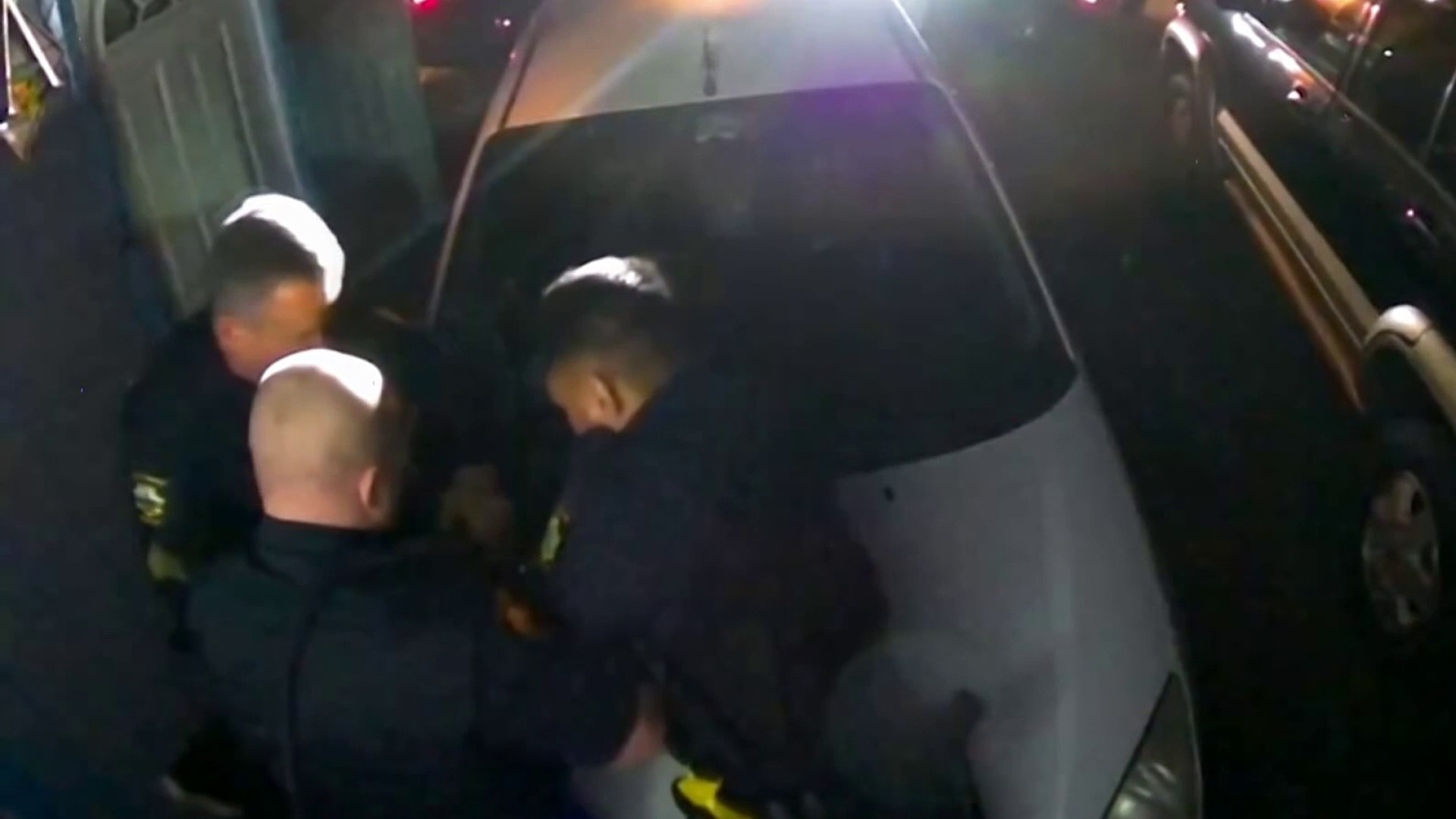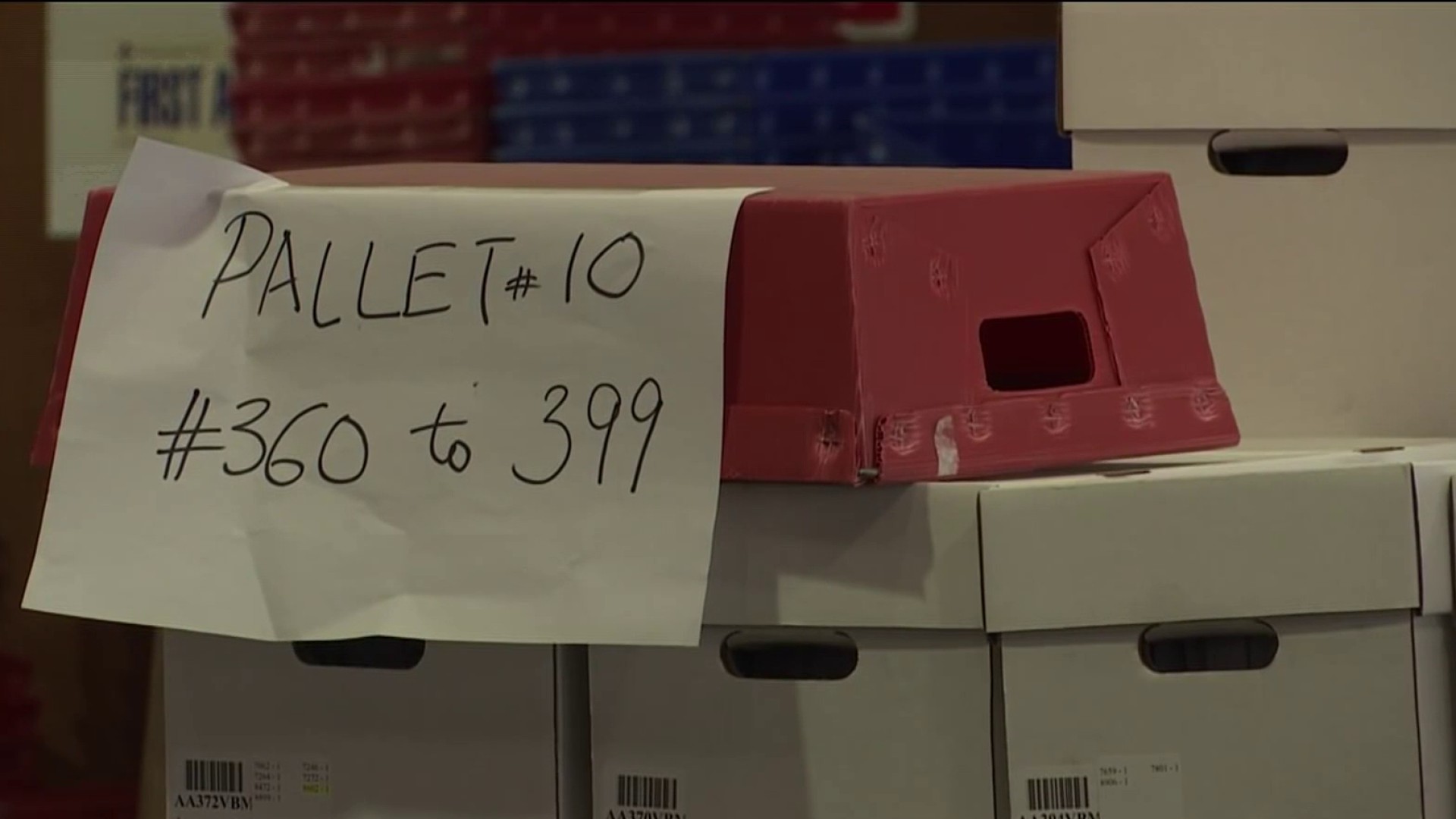You know that street view mode you can turn on while using Google Maps? Well, it turns out that the fleet of cars the company uses to make the pedestrian-style view possible were unintentionally pulling in more data than Google had planned. Namely, the cars were probing password-less Wi-Fi networks and determining what websites folks were looking at.
So, who blew the lid off of this nefarious scheme? Well, you know, the "do no evil" guys — Google.
In a blog post on Friday by Alan Eustace, Senior VP of Engineering and Research, the company admitted that "it's now clear that we have been mistakenly collecting samples of payload data from open (i.e. non-password-protected) WiFi networks, even though we never used that data in any Google products."
Google goes on to say that it was all the result of a mistake:
So how did this happen? Quite simply, it was a mistake. In 2006 an engineer working on an experimental WiFi project wrote a piece of code that sampled all categories of publicly broadcast WiFi data. A year later, when our mobile team started a project to collect basic WiFi network data like SSID information and MAC addresses using Google's Street View cars, they included that code in their software--although the project leaders did not want, and had no intention of using, payload data.
The big question, of course, is what happens now. Google grounded the fleet as soon as it found out about the unintentional spying and pulled all of the data it had collected, with Eustace writing that "we want to delete this data as soon as possible, and are currently reaching out to regulators in the relevant countries about how to quickly dispose of it." To make sure all of its bases are covered, the company is also propositioning a third party to study the breach of privacy, and is going to "stop our Street View cars collecting WiFi network data entirely."
Honestly, this is the kind of thing that would be a PR nightmare for any other company, but somehow Google has managed to prove that honesty is the best policy even for a massive corporation. Do you feel wronged, or do you trust Google to do the right thing? The company ended with this:
Local
The engineering team at Google works hard to earn your trust--and we are acutely aware that we failed badly here. We are profoundly sorry for this error and are determined to learn all the lessons we can from our mistake.
Aw, come on! We can't stay mad at Google after that, can we?
Google, via Consumerist and CNN



